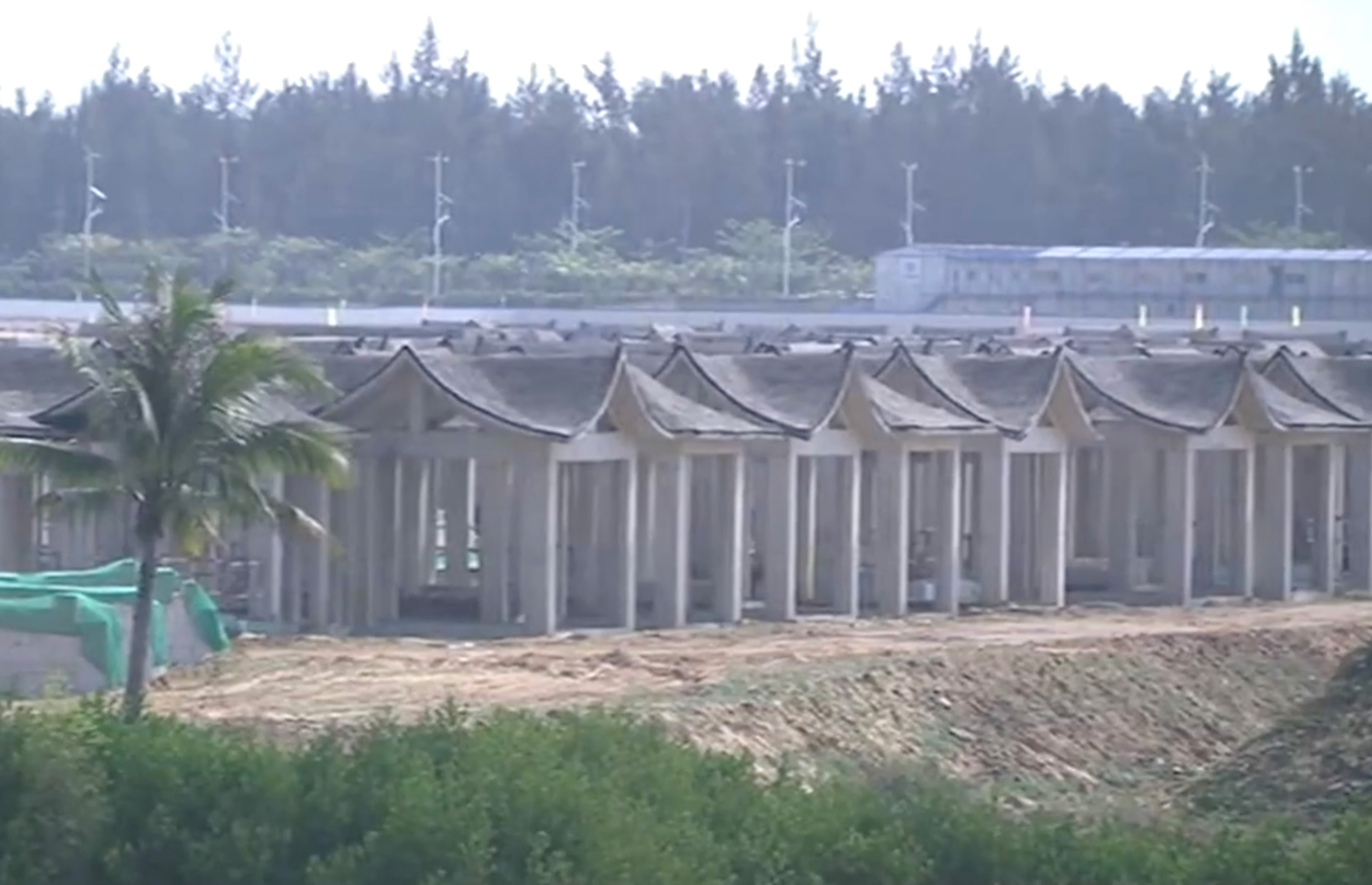
Business
23:06, 04-Apr-2018
Chinese realtors target pensioners for high-end real estate industry on Hainan Island
By CGTN's Li Jianhua and Sun Yibo

Over the past three decades, the development of Hainan's real estate industry has witnessed some ups and downs. Its real estate bubble broke back in the 1990s.
Fast forward to now, to prevent this from occurring again, the local government has moved to introduce a cap on real estate development. This was announced during China's Two Sessions political season last month. With the change, companies are now eyeing the potential in real estate for pensioners.
Exercising, taking photos, or simply enjoying the sunshine on the beach – these are the everyday lives for many elderly people living in the southernmost province of China. Back in the 1950s and 60s, Americans flocked from the cold industrial cities to the subtropical Florida. This is happening in China. These pensioners, who are also known as “snowbirds," have been slowly flocking to Hainan.

High-end hotel built to accommodate holiday-makers in Hainan /CGTN Photo
High-end hotel built to accommodate holiday-makers in Hainan /CGTN Photo
Property developers cashed in on the opportunity. Line after line of houses were built to accommodate the burgeoning elderly population, which led to an increase of inventory. Now communities boasting all-round medical services and communal activities are becoming the new model to attract the pensioners.
“We should let a group of people realize the importance of keeping healthy. Once they come to know the good of it, they will encourage more people to embrace this kind of lifestyle,” said Zhuang Donghui, general manager of Guoshou Health Investment Corporation.
However, this lifestyle means more money. Some point out that real estate companies are taking advantage of this communal concept to sell more property since the local government has placed curbs on the market. Experts say the government should better regulate the market as the aging population grows.
"Real estate for pensioners are in demand. But I think the government should acquire more experience in regulating the housing market – in particular when it comes to how much could be sold and how much could be managed," said Xu Hongcai, deputy chief economist with China Center for International Economic Exchanges.
Local officials had said they would reduce its reliance on property development – as the total revenue generated in real estate made up more than half of Hainan’s GDP.

SITEMAP
Copyright © 2018 CGTN. Beijing ICP prepared NO.16065310-3
Copyright © 2018 CGTN. Beijing ICP prepared NO.16065310-3